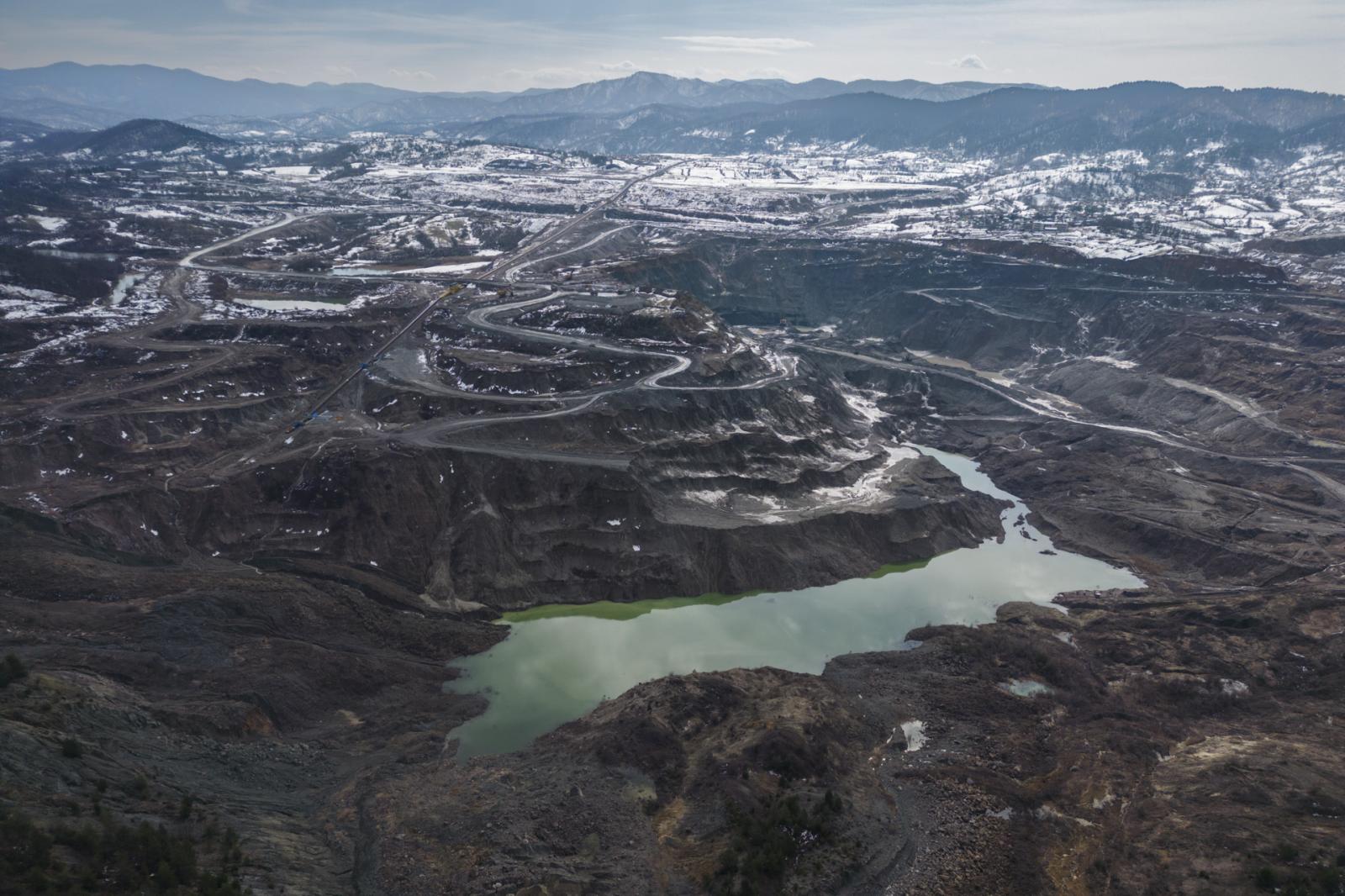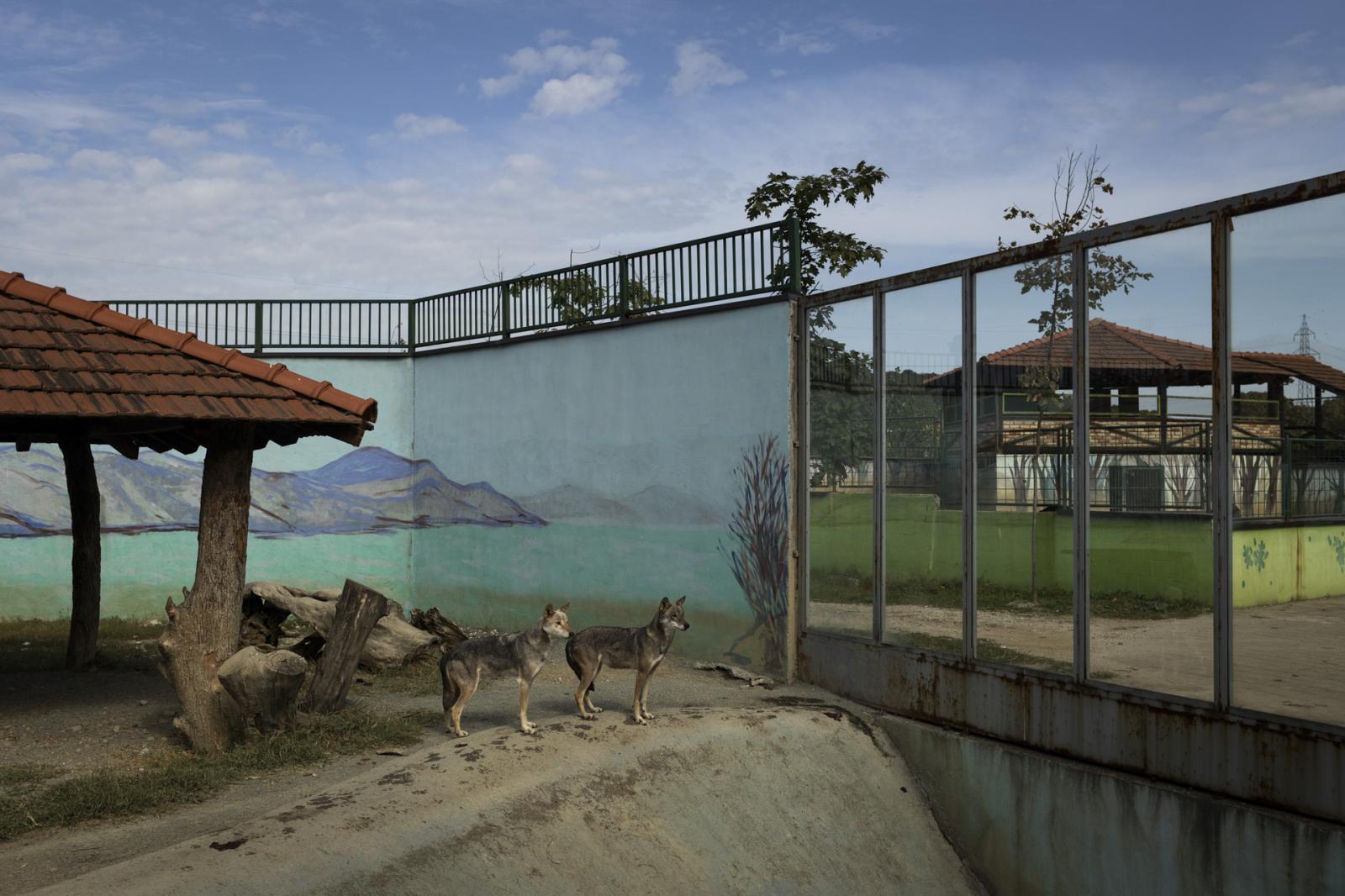“More Necessary than the Sun” is a photographic journey into the environmental and human toll of extreme pollution in the Western Balkans. Begun in 2022, the project captures the alarming impact of outdated coal plants, vast lignite mines, and weak oversight, which have led to some of Europe’s highest pollution levels.
Although the EU is advancing ambitious climate policies, including a proposed 2035 ban on petrol and diesel vehicles, such efforts stop at its borders, leaving these regions and their vulnerable communities exposed to unchecked pollution. Through this series, the project confronts viewers with the stark consequences of environmental exploitation often fueled by foreign corporations in what is seen as neo-colonialism.
The WHO reports that 90% of people worldwide breathe polluted air, with pollution levels in the Balkans up to five times the EU’s recommended limits due to coal- reliant industries and inadequate oversight. Pollution in the Balkans stems largely fromoutdated power plants and mining industries run by foreign companies. Corruption and lax regulations have enabled unchecked environmental damage, with no transparency on pollution-linked diseases affecting local populations.
The Russia-Ukraine conflict has led to energy shortages across Europe, promptingsome countries to return to coal, a choice that exacerbates pollution within the EU and beyond in regions still heavily dependent on coal- fired energy.
“Air pollution knows no borders and is still an invisible killer in Europe. A significant amount of pollution from the Western Balkans travels into the EU. Pollution from the Western Balkans adds to the already poor air quality in the EU countries, making it harder especially for the adjacent EU neighbours to meet air quality standards.
It is high time that EU policy-makers step up efforts to clean up the air and decarbonise the power sector in the Southeastern European region”
Vlatka Matkovic Puljic, Senior Health and Energy Officer at HEAL


